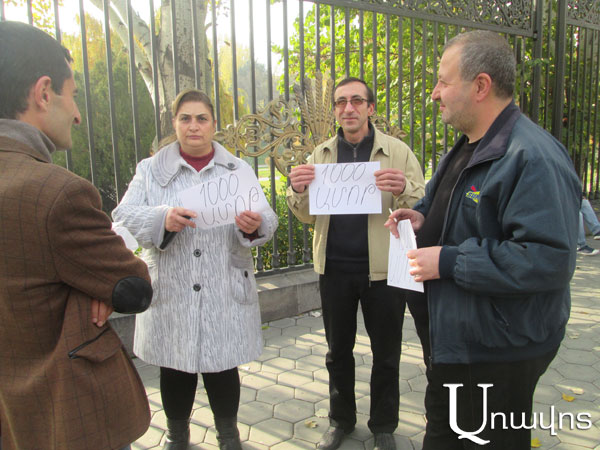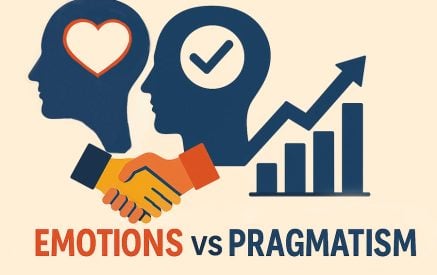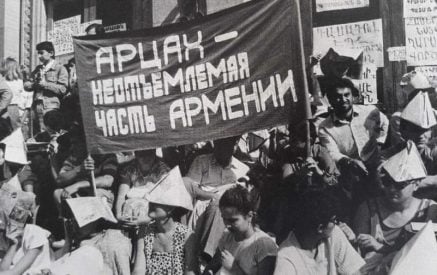Certainly, tastes differ but I would not show a “combination of three fingers” if the matter is about, at least indirectly, the deceased and wounded soldiers.
Anyway, there is some cynicism, however, in it. I understand that this gesture is directed not towards the soldiers but the “plunders”, “looters”, “thieves”, and all targets of “people’s wrath” which is talked about for 25 years. However, there is such a phenomenon when we express a just complain about a phenomenon in the context of which there are values which we respect, this disrespected attitude is extended to the whole environment.
When during the heated period of the fight against speedometers and video devices I was urging not to direct the darts against the private business, the disobedient drivers and the ones who were defending the rights thereof as well as those who have the habit of complaining about everything were accusing me, “Aha, you want the private sector to plunder us. Well, if only my payments were gone to the state…” Do you think that it would be better now when the dream of this whole mass is becoming a reality, and under the pressure of public opinion, a decision is made to transfer this system with its revenues to the state? No, because the state will not be able to operate and maintain this system, moreover it would not be able to buy new devices.
But these are trifles compared to the more fundamental issue. The economy is evolving not with so much “reduction of shadow” or “bringing the looted back” (no matter it sounds pleasant to the ear of lumpen) as with creating new productions, expanded reproduction of old productions, in short, by creating a “surplus value”. And this requires investments. Which investor will invest money if he sees that the private business under the influence of the public opinion is taken away and given to the state?
Read also
Generally, I would be very cautious in making calls for “bringing the robbed back”, “returning the looted to the people” and “nationalizing what was devoured”. Because it is not clear in the end which of the targets of “people’s wrath” is worthy to be treated accordingly, who and by what principle will do it?
Before the elections of 1996, I was interviewing presidential candidate Vazgen Manukyan, and he promised that if he will become a president and the robbers will be accountable to the people, and all that they have robbed will be returned to the state budget. When I asked him to name the specific plunderer, Mr. Manukyan did not give a direct answer and said, those who deserve will be judged. Here arises the problem. The point is that statesmen choose exclusively their opponents as such “targets”. Incidentally, refer to different people in different periods.
Aram ABRAHAMYAN























































